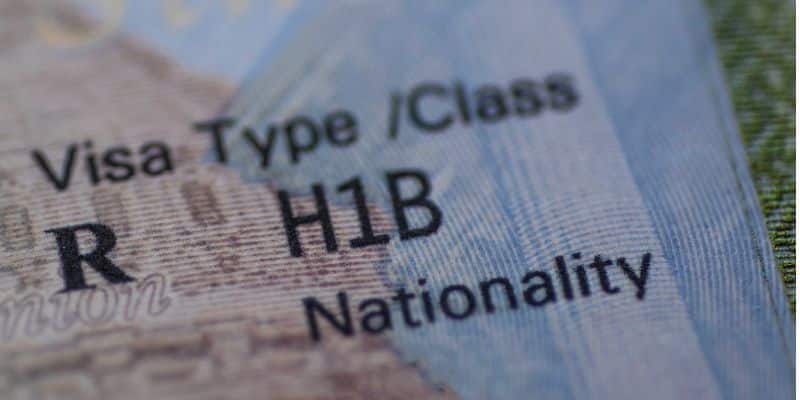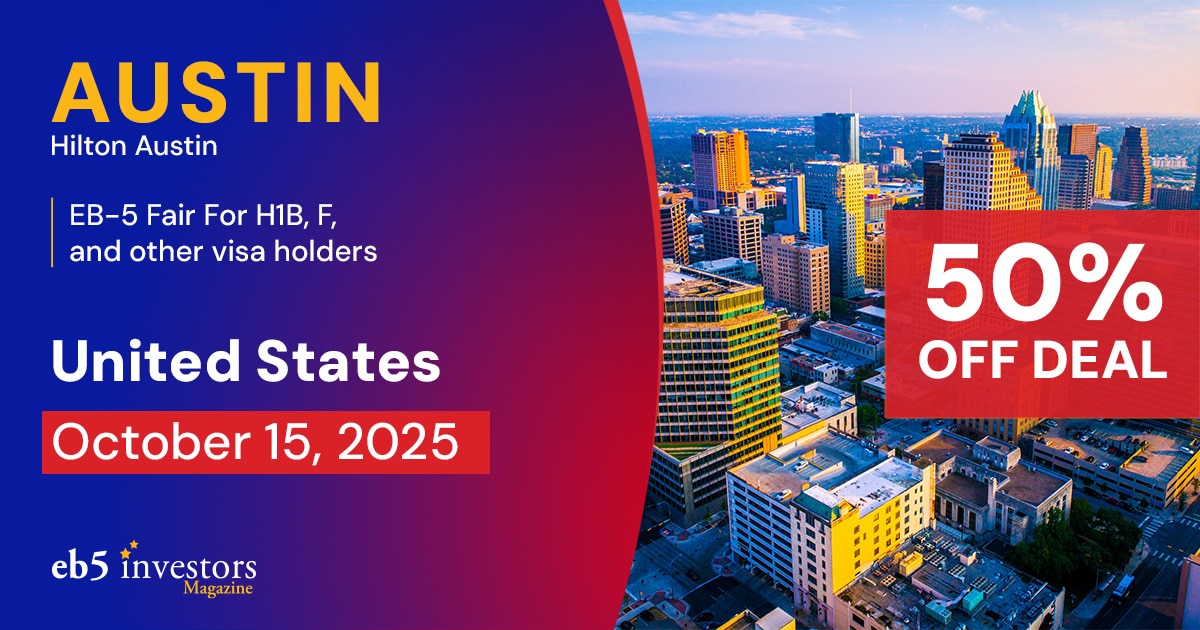
The U.S. Department of Homeland Security (DHS) is proposing a rule that would change the H-1B visa program from a random lottery to a selection system based on wage and talent.
The proposal has officially entered the Federal Register for public comment and consultation today. People now have 30 days to file comments. The proposal suggests that approvals should consider wage levels associated with the positions for which H-1B visas are sought.
If approved under its current design, the rule could affect new applicants, including international students studying in the United States who choose this visa to obtain employment and remain in the country.
The proposed rule was first introduced in August and has been under review by the Office of Management and Budget (OMB) since then. After the public submits its comments, the DHS may revise and make adjustments before issuing a final rule.
“Employers and other stakeholders should review the proposal carefully and consider submitting comments during the designated period,” announced Murthy Law Firm to clients, and added that the proposed selection process entails a significant shift in how the United States Citizenship and Immigration Services (USCIS) manages the H1B visas.
The proposal follows President Donald Trump’s proclamation on Sept. 19 of a new $100,000 fee for U.S. employers sponsoring new H-1B visas.
What is the H-1B visa?
The H-1B program is a non-immigrant visa program that allows foreign skilled workers to obtain temporary residency in the U.S. Currently, this program has a cap of approximately 85,000 new H-1B visas issued each year. However, demand exceeds the supply, resulting in a selection process that relies on a random lottery. In fiscal year 2025–26, over 343,000 eligible H-1B registrations were submitted.
Leading companies utilizing the H-1B visa program include Amazon and Microsoft, which submitted over 5,000 certified H-1B visa applications in 2024 alone, according to media reports.
Individuals who are selected in the H-1B lottery may face additional delays in the application process, as many come from China and India, countries that have caps on U.S. visa applications, resulting in potential lengthy waiting periods.
What does the proposal change?
The current H-1B selection process chooses each beneficiary randomly to ensure equal opportunity. However, DHS says it has led to many lower-wage positions being filled.
To address this, a new proposal suggests selecting beneficiaries based on Occupational Employment and Wage Statistics (OEWS), prioritizing higher-skilled and higher-paid workers.
“The proposed process would favor the allocation of H-1B visas to higher-skilled and higher-paid aliens, while maintaining the opportunity for employers to secure H-1B workers at all wage levels,” the proposal text reads.
The change aims to align the selection process to Congressional intent and to reduce the filling of lower-paid positions.
“Congressional intent behind creating the H-1B program was, in part, to help U.S. employers fill labor shortages in positions requiring highly skilled or highly educated workers.”
DHS also anticipates that this new process could increase the total annual salaries for H-1B workers.
DISCLAIMER: The views expressed in this article are solely the views of the author and do not necessarily represent the views of the publisher, its employees. or its affiliates. The information found on this website is intended to be general information; it is not legal or financial advice. Specific legal or financial advice can only be given by a licensed professional with full knowledge of all the facts and circumstances of your particular situation. You should seek consultation with legal, immigration, and financial experts prior to participating in the EB-5 program Posting a question on this website does not create an attorney-client relationship. All questions you post will be available to the public; do not include confidential information in your question.








